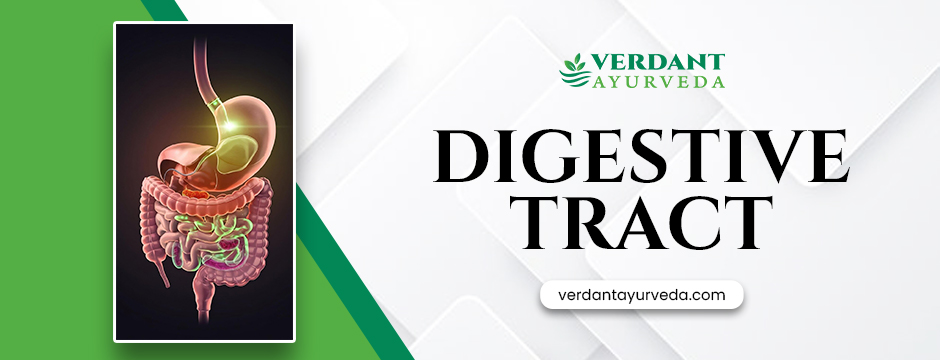For many years, turmeric has been considered Ayurveda’s “golden spice” — a troublesome yellow root with significant healing properties. Beyond its culinary benefits, turmeric has an extensive list of healing properties that positively affect both physical and emotional health. Modern medicine is finally catching up to what ancient practices have known for centuries: there is a connection between the gut and the brain — commonly referred to as the “gut-brain axis.”
This complicated communication network links the digestive system with your emotional state and affects everything from mood stabilisation to mental clarity. Turmeric, interestingly enough, is a natural bridge between both of these systems. The active component in turmeric, curcumin, has been documented to improve gut health, decrease inflammation, and even help balance activity within neurotransmitters — all of which is important to being a calmer, happier, and healthier you. In this blog, we’ll explore how turmeric nourishes the gut, supports emotional equilibrium, and enhances overall vitality.
The Link Between Gut Health and Emotional Wellness
The gut is often called the “second brain” for a reason. There is a complex and sophisticated network of neurons — the enteric nervous system — that communicates directly with the brain via the vagus nerve, and the gut-brain influence affects your mood, stress, and cognitive ability.
Dysbiosis, or an imbalance of gut bacteria, prematurely triggers inflammation and altered production of important neurotransmitters — especially serotonin and dopamine — that affect emotional stability. When the gut is upset, the mind is often upset. This is why mental health conditions such as anxiety, depression, and fatigue are being increasingly linked to poor gut health.

The Healing Power of Turmeric for Gut Health
Turmeric’s healing effects on gut health stem from its powerful anti-inflammatory, antioxidant, and antimicrobial properties. The active ingredient curcumin helps calm irritation seen in the lining of the gut and helps make sure it’s defensive against chronic inflammation, one of the leading causes of digestive disorders such as irritable bowel syndrome (IBS), Crohn’s disease and leaky gut syndrome.
Curcumin supports healthy gut bacteria such as Bifidobacterium and Lactobacillus that promote disease-fighting immunity and proper nutrient absorption and stooling. Curcumin also helps to inhibit the proliferation of pathogens that can upset the natural balance of good bacteria in the gut.
Emotional Equilibrium in Biochemistry: Turmeric and Mood Regulation
When your gut is in harmony, your mood is also in harmony – turmeric has a direct role. Most of the body’s serotonin, a neurotransmitter associated with happiness and relaxation, is made in the gut. By enhancing gut health, turmeric will indirectly support serotonin synthesis and generate positive mood changes and emotional balance.
Furthermore, curcumin has been shown to interact with dopamine and norepinephrine pathways in the brain, similar to some antidepressant drugs – but naturally without harsh side effects. Clinical studies show that curcumin is effective in reducing symptoms of depression and anxiety when used in conjunction with a well-rounded diet and lifestyle.
The Impact of Inflammation on Mental and Digestive Health
Chronic inflammation is a silent enemy. It damages tissues, affects neurotransmission, and diminishes overall wellness. Low-grade, ongoing inflammation is often the cause of digestive diseases and mood disorders.
Anti-inflammatory abilities are one of turmeric’s most famous properties. Curcumin calms the many inflammatory pathways in the body, such as NF-κB and COX-2. This, in turn, calms chronic low-grade inflammation affecting both the gut and brain. Reduced inflammation in the digestive tract leads to better digestion, less bloating, and improved absorption of nutrients—all of which lead to improved clarity of mind and emotional stability.

How to Integrate Turmeric into Your Daily Routine?
Incorporating turmeric into your life does not necessitate a lifestyle overhaul; small, consistent behaviours can foster pretty profound outcomes. Here are a few ideas for incorporating this golden powerhouse into your day:
- Golden Milk (Haldi Doodh): This cosy beverage is a warm blend of turmeric, milk (or plant-based alternative), black pepper, and honey. Piperine (found in black pepper) amplifies curcumin absorption.
- Turmeric tea: You can use fresh turmeric root or powder and steep it in hot water, adding a little ginger for improved digestion and immune support.
- Supplementation: Standardised capsules of curcumin (typically in association with piperine or in liposomal delivery) will ensure higher bioavailability and greater delivery of established benefits.
- Cooking: Curious about turmeric-flavoured curries, soups, or smoothies? This addition makes a wonderful culinary twist that you’re sure to enjoy while simultaneously enhancing your health.
When taken regularly, turmeric will help regulate gut function, modulate stress responses, and eventually usher in a new and more enduring sense of balance from within.
Bottom Line
The connection between turmeric, gut health, and emotional balance is far more than a wellness trend — it’s a timeless truth backed by both ancient wisdom and modern science. This golden spice has the power to heal from the inside out, harmonising digestion, mood, and energy flow.
If you’re seeking authentic, Ayurvedic formulations crafted with care, contact Verdant Ayurveda. Our natural consultations harness the essence of turmeric and other holistic herbs to support gut vitality, mental serenity, and overall rejuvenation. With us, you’re not just healing — you’re rediscovering balance, the Ayurvedic way.
